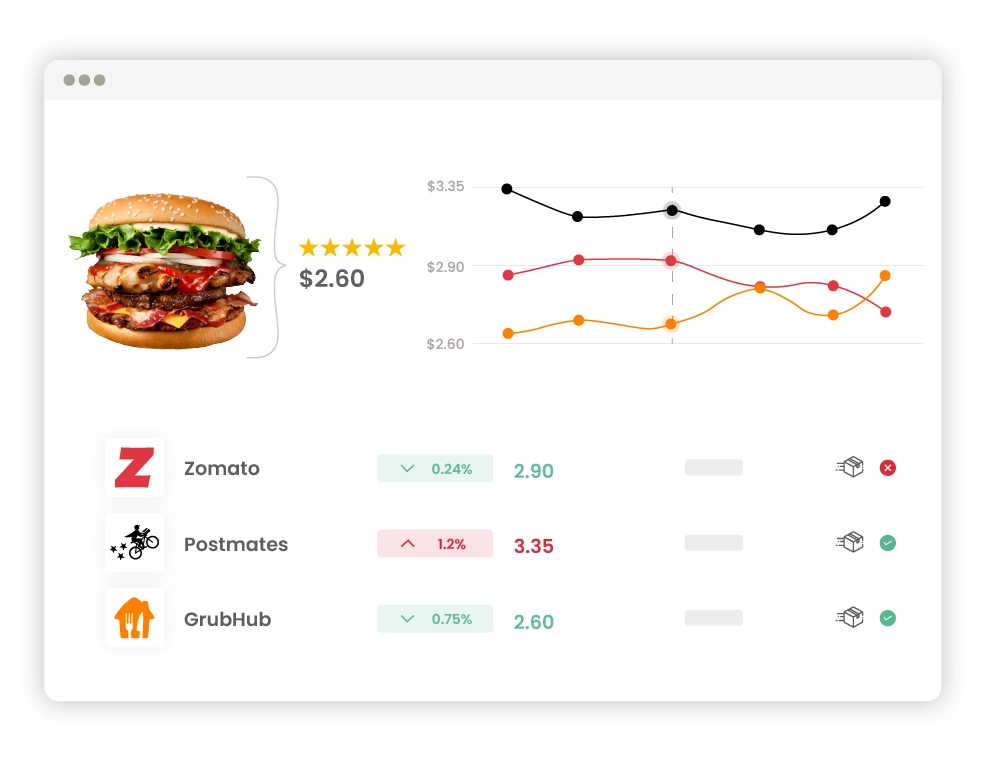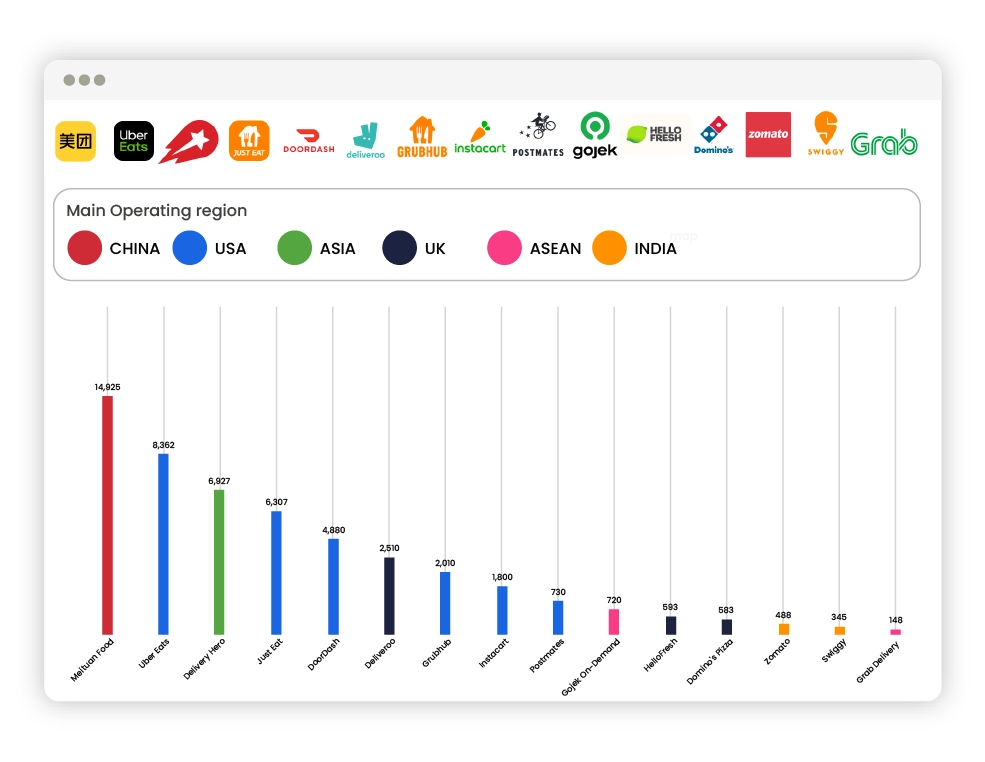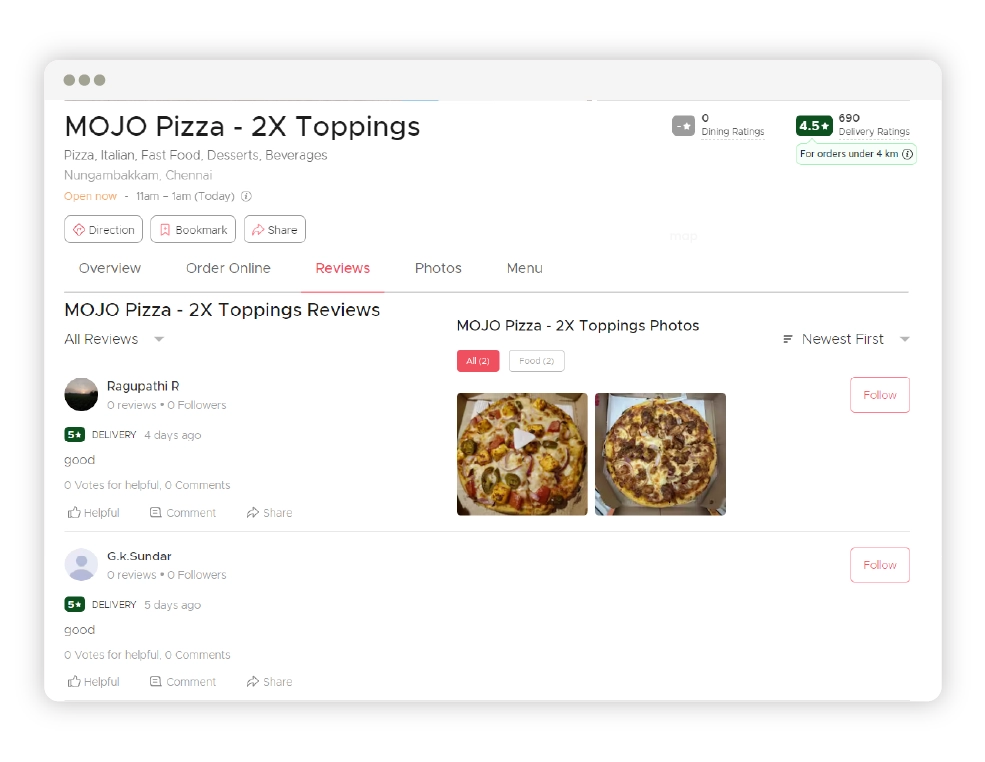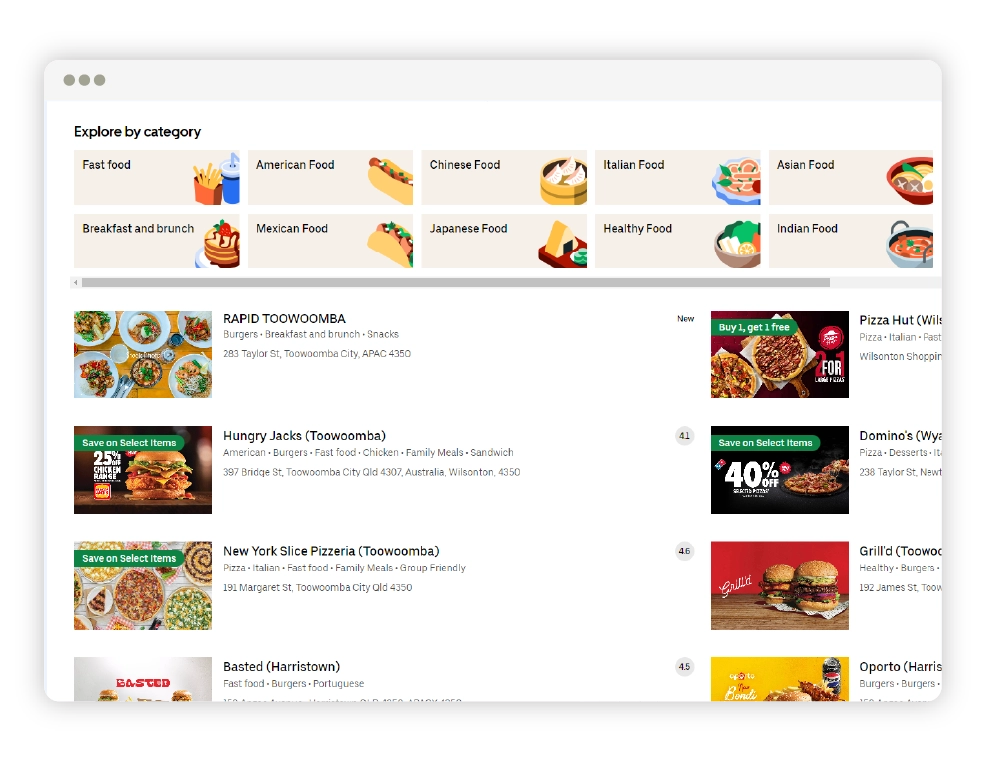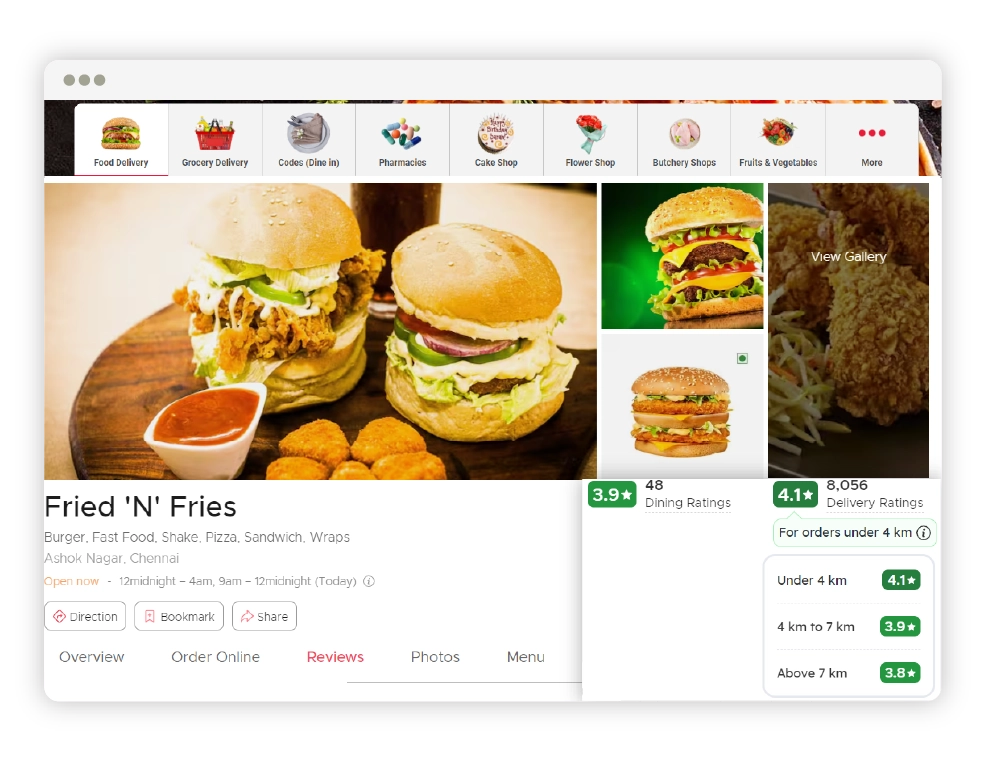Start Your Project with Us
Whatever your project size is, we will handle it well with all the standards fulfilled! We are here to give 100% satisfaction.
- Any feature, you ask, we develop
- 24x7 support worldwide
- Real-time performance dashboard
- Complete transparency
- Dedicated account manager
- Customized solutions to fulfill data scraping goals
For job seekers, please visit our Career Page or send your resume to hr@actowizsolutions.com

